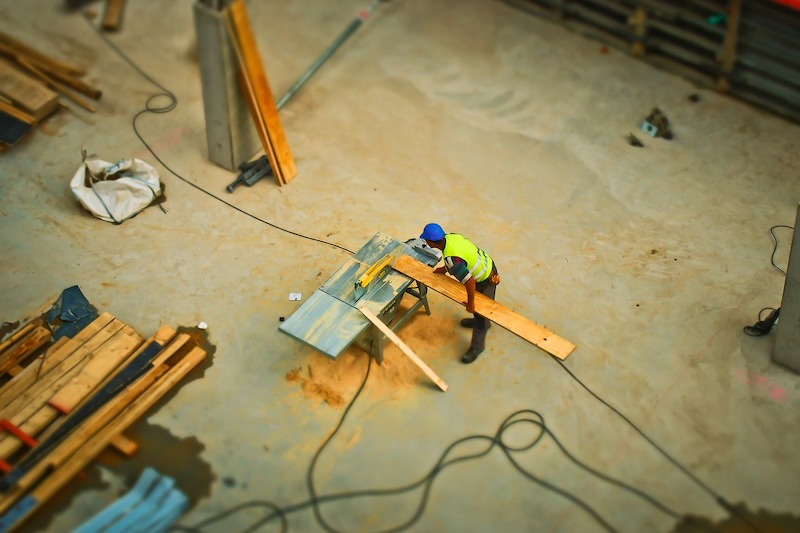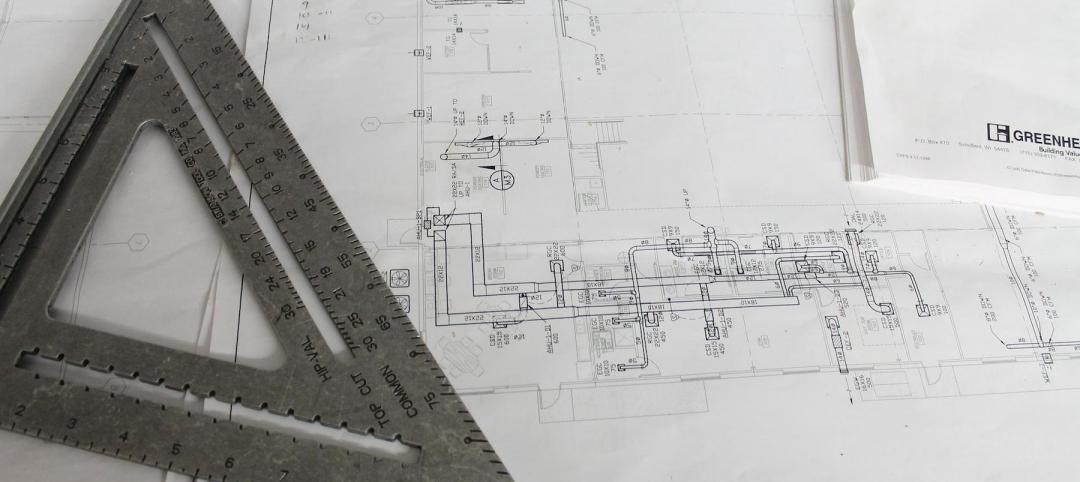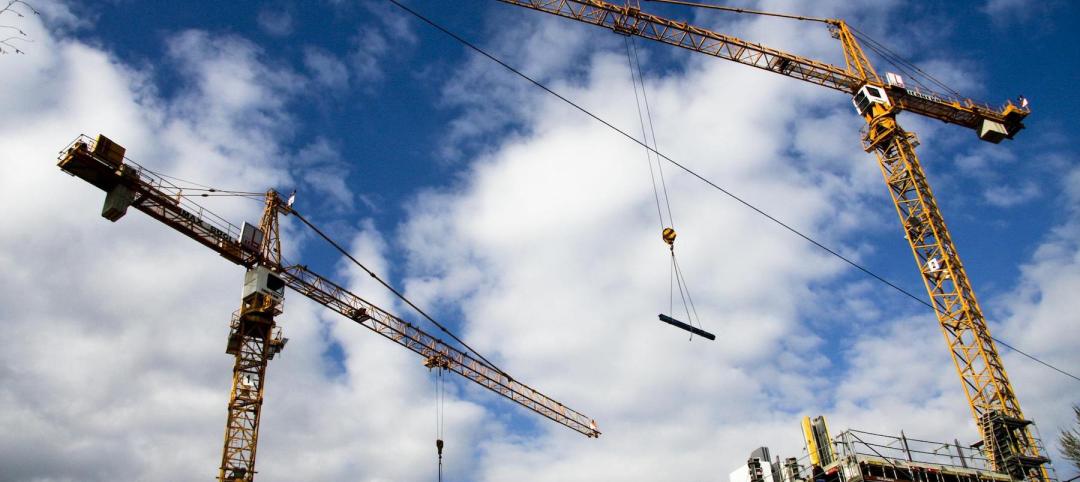Unprecedented price increases for a wide range of goods and services used in construction pushed up contractors’ costs by a devastating 26.3% from June 2020 to June 2021, according to an analysis by the Associated General Contractors of America of government data released today. Association officials cautioned that rising materials prices are making it difficult for many construction firms to benefit from the re-opening of the economy, undermining the sector’s ability to add new, high-paying jobs.
“Contractors have been pummeled in the past year by cost increases, supply shortages, and transport bottlenecks,” said Ken Simonson, the association’s chief economist. “Meanwhile, falling demand for many types of projects meant contractors could not raise bid prices enough to recoup these expenses.”
The producer price index for new nonresidential construction—a measure of what contractors say they would charge to erect five types of nonresidential buildings—rose only 3.4% over the past 12 months. That was a small fraction of the 26.3% increase in the prices that producers and service providers such as distributors and transportation firms charged for construction inputs, Simonson noted.
There were double-digit percentage increases in the selling prices of materials used in every type of construction. The producer price index for lumber and plywood doubled from June 2020 to last month, although prices for lumber have declined since the index was computed. The index for steel mill products climbed 87.5%, while the index for copper and brass mill shapes rose 61.5% and the index for aluminum mill shapes increased 33.2%. The index for plastic construction products rose 21.8%. The index for gypsum products such as wallboard climbed 18.0%. The index for prepared asphalt and tar roofing and siding products climbed 12.1%, while the index for insulation materials rose 10.1%.
In addition to increases in materials costs, transportation and fuel costs also spiked. The index for truck transportation of freight jumped 15.4%. Fuel costs, which contractors pay directly to operate their own trucks and off-road equipment, as well as through surcharges on freight deliveries, have also jumped.
Association officials urged Congress and the Biden administration to act quickly to address rising materials prices. They repeated their calls for the president to remove tariffs on key construction materials, including steel and aluminum. They also urged Washington officials to explore other short-term steps needed to improve the supply chain for key construction materials.
“Construction firms will have a hard time adding new staff while they are paying more and more for many of the products they need to build projects,” said Stephen E. Sandherr, the association’s chief executive officer. “Washington officials can take steps that are likely to have an almost immediate impact on materials prices, but they need to act.”
View producer price index data. View chart of gap between input costs and bid prices.
Related Stories
Hotel Facilities | Jul 28, 2022
As travel returns, U.S. hotel construction pipeline growth follows
According to the recently released United States Construction Pipeline Trend Report from Lodging Econometrics (LE), the total U.S. construction pipeline stands at 5,220 projects/621,268 rooms at the close of 2022’s second quarter, up 9% Year-Over-Year (YOY) by projects and 4% YOY by rooms.
Codes and Standards | Jul 22, 2022
Hurricane-resistant construction may be greatly undervalued
New research led by an MIT graduate student at the school’s Concrete Sustainability Hub suggests that the value of buildings constructed to resist wind damage in hurricanes may be significantly underestimated.
Market Data | Jul 21, 2022
Architecture Billings Index continues to stabilize but remains healthy
Architecture firms reported increasing demand for design services in June, according to a new report today from The American Institute of Architects (AIA).
Market Data | Jul 21, 2022
Despite deteriorating economic conditions, nonresidential construction spending projected to increase through 2023
Construction spending on buildings is projected to increase just over nine percent this year and another six percent in 2023, according to a new report from the American Institute of Architects (AIA).
Building Team | Jul 18, 2022
Understanding the growing design-build market
FMI’s new analysis of the design-build market forecast for the next fives years shows that this delivery method will continue to grow, despite challenges from the COVID-19 pandemic.
Market Data | Jul 1, 2022
Nonresidential construction spending slightly dips in May, says ABC
National nonresidential construction spending was down by 0.6% in May, according to an Associated Builders and Contractors analysis of data published today by the U.S. Census Bureau.
Market Data | Jun 30, 2022
Yardi Matrix releases new national rent growth forecast
Rents in most American cities continue to rise slightly each month, but are not duplicating the rapid escalation rates exhibited in 2021.
Market Data | Jun 22, 2022
Architecture Billings Index slows but remains strong
Architecture firms reported increasing demand for design services in May, according to a new report today from The American Institute of Architects (AIA).
Building Team | Jun 17, 2022
Data analytics in design and construction: from confusion to clarity and the data-driven future
Data helps virtual design and construction (VDC) teams predict project risks and navigate change, which is especially vital in today’s fluctuating construction environment.
Market Data | Jun 15, 2022
ABC’s construction backlog rises in May; contractor confidence falters
Associated Builders and Contractors reports today that its Construction Backlog Indicator increased to nine months in May from 8.8 months in April, according to an ABC member survey conducted May 17 to June 3. The reading is up one month from May 2021.

















